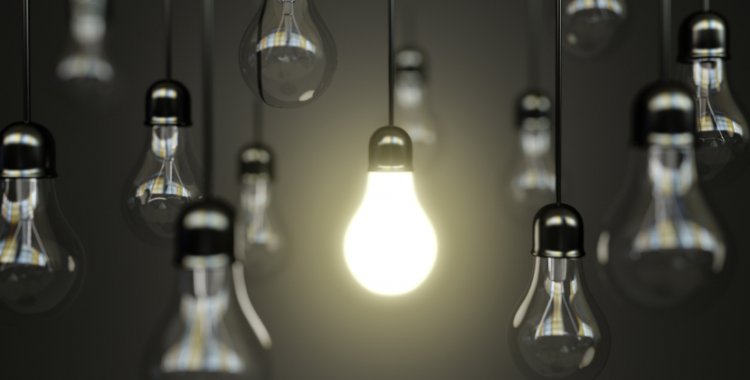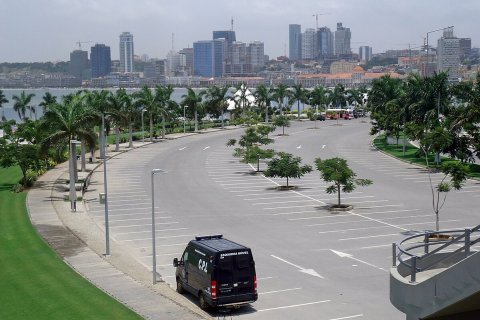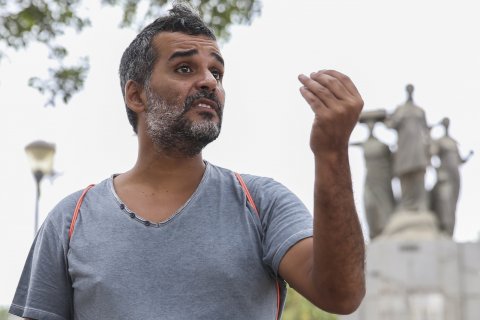A detail that should be emphasized here is that, no matter how much money the individual has to pay an energy bill, there is an interconnected relationship between energy consumption and energy sustainability, which is nothing more than the concern with the use of energy resources, no only for our generation, but for future ones as well.
The purpose of this article is to show exactly how each of us Angolans can individually contribute to energy sustainability at home or in the company, applying the practices of conscious energy consumption.
This journey is not necessarily financially expensive. On the contrary, it can maximize results, generate profits, in addition to being very rewarding.
Thus, the practices that each of us can individually apply to consume less energy can be:
- Turn off a lamp switch when leaving a meeting room. This practice reflects an attitude of conscience and respect for oneself, the company, the city and even the planet;
- In relation to air conditioning, avoid excessive cold and unnecessary expense. Variation of one degree can increase energy consumption by up to 8%. The temperature considered pleasant for most people is between 22 ° C and 24 ° C. Furthermore, when the appliance is switched on, keep the doors and windows tightly closed so that the outside hot air does not enter and leave the room for a long time and do not forget to turn off the appliance;
- Regarding electrical and electronic devices, turn off your PC whenever you are away for more than half an hour. A computer connected for 1 hour / day consumes 5.0 kwh / month. Over the course of a year, the savings generated by turning off the computer during this one hour will be 60 kwh, equivalent to 18 kilos of CO2 (the same as a gasoline car emits when traveling 120 km). Another brilliant idea would be to configure the computer to save energy;
- For lighting, use only what is necessary. This involves using natural lighting, which does not impact or cost anything. And never leave lamps on in places where they are not needed. Natural lighting is for people. Where there are no people, there need be no artificial lighting. Replace incandescent lamps with LEDs or fluorescent lamps. After all, 6W LED lamps are equivalent to 40W incandescent lamps, so they have low light output;
- With respect to refrigerators, do not put anything hot inside it and open it as little as possible, preventing the hot air from entering. Also, move the refrigerator further away from the wall (more than 10 cm) and never place objects to dry behind it;
- As for irons and washing machines, always use with the maximum capacity or with as many pieces as possible, as the opposite, using for small quantities, means a much greater energy expenditure in the long run.
Therefore, knowledge is the basis for this to happen and each of these practices will make some differences in search of a healthier environment and a reduction in the energy bill.








